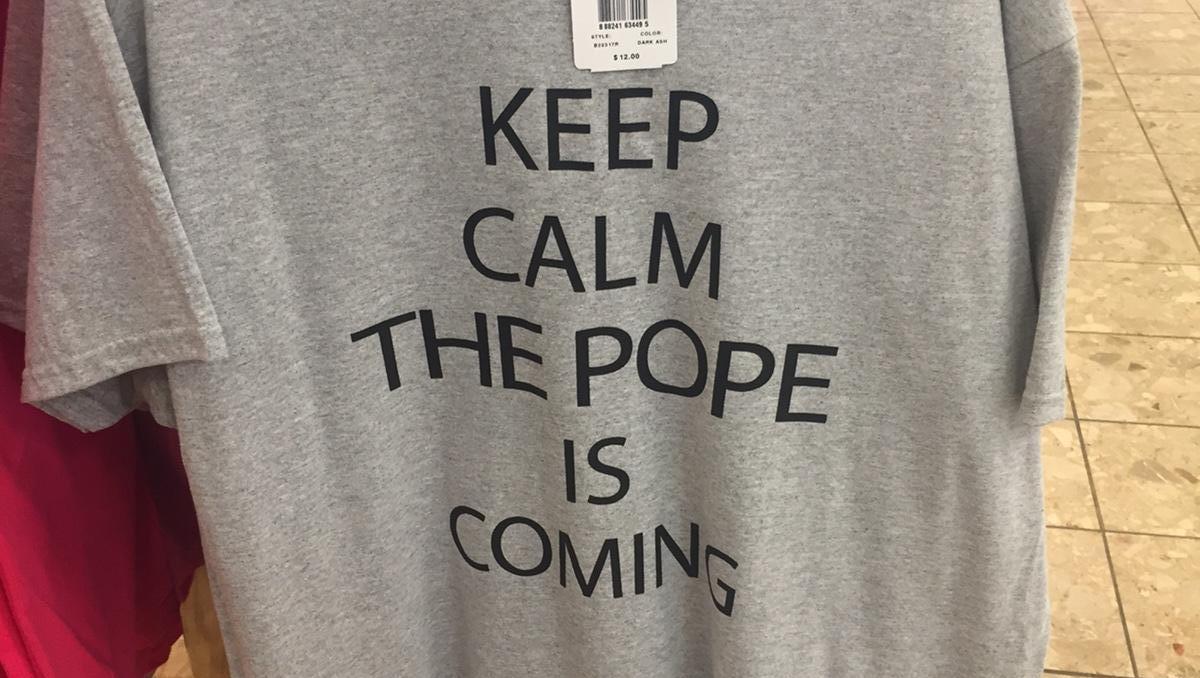Article originally published in the Philadelphia Business Journal on August 18, 2015
The city of Philadelphia has been planning for months for Pope Francis’ visit on Sept. 26-27. The number of visitors to Philadelphia during the papal visit is anticipated to be about 1.5 million people, including those who are expected to attend the World Meeting of Families, which will start four days prior to the Pope’s arrival.
Philadelphia should have three goals for the papal visit: the paramount goal of ensuring a safe and secure event, have visitors feel that they are welcomed guests and to the extent possible, minimize any disruption to the daily lives of the citizens of Philadelphia. These goals are not incompatible.
The security and logistical issues for the number of expected visitors are complex. In 1979, Philadelphia hosted the visit of Pope John Paul II; so this is not the city’s first papal visit. How did our city manage that event? Have the strategies and action plans of other cities that have hosted papal visits been benchmarked, so Philadelphia can take advantage of their experiences?
So far, only decisions have been announced, but little explanation for those decisions. Given the disruption to businesses and residents, the city needs to be more forthcoming with explanations.
As the event approaches, increasingly restrictive plans have been announced regarding a very large security and vehicle perimeter, and the closure of major portions of I-76 not only in the city, but also in the outlying suburbs. Mayor Michael Nutter has said be prepared to walk the weekend of the Pope’s visit. Philly.com reports that event organizers anticipate 53 percent of the visitors for Saturday’s Mass on the Parkway will be elderly. Will our visitors be able to travel to a point sufficiently close to the Parkway so the distance of their walk to and from the event is reasonable? If they drive, where will they park their cars?
The Ben Franklin Bridge connecting New Jersey and Philadelphia will be closed to vehicle traffic, but will be open to pedestrians. All major approach roads in New Jersey leading to the Ben Franklin Bridge will be closed. NJ Transit published a map Aug. 13 showing that from the foot of the Ben Franklin Bridge to the Parkway where the Pope will celebrate Mass, the walk is five miles, taking an estimated three to four hours.
Assuming that they can get to the Ben Franklin Bridge, how many people will attempt in a single day a 10 mile round-trip walk across the Bridge to the Parkway that will take them an estimated total of six to eight hours, not including the hours spent at the Mass. One wonders how many people who attempt this will not make it and need medical attention.
NJ Transit has stated that their buses will not enter Philadelphia. Why not? Buses are an efficient way to transport people. New Jersey Transportation Commissioner Jamie Fox has stated, “If you are not prepared to walk a considerable distance, you may want to reconsider your attendance.”
Why not sell passes in advance to the many dozens of remote parking lots in the suburbs and beyond, bus people into Philadelphia using I-76 and across the Ben Franklin Bridge, drop them off near the Parkway outside the security zone and at the end of the day, bus them back to their cars? Does SEPTA and NJ Transit have a sufficient number of buses? If not, borrow them from other cities. Is SEPTA and NJ Transit using the maximum capacity of their rail systems?
With major portions of the city closed to vehicular traffic, many businesses that will cater to our visitors, such as hotels and restaurants, are wondering how their employees will get to work. Restaurants are also concerned about fresh food deliveries, and how trash will be picked up each day.
I am sure there are good reasons for the decisions that have been made. These reasons need to be explained to the public, and why alternatives that would have made logistics easier were not chosen.
The visitors to our city are our guests, and we should make them feel welcome. That’s how guests are to be treated – the way world class companies treat their customers. Rather than make it hard for people, you want to make it as easy as possible, given the security and logistical constraints.
In the past, when statements were made calling into question the capacity of various Olympic Game venues to effectively handle crowds, people chose not to attend. They were scared away by all of the negative talk. They didn’t feel welcome. Is there a danger that this will occur in Philadelphia? Only time will tell.
On Aug. 1, the Huffington Post ran a story headlined, “Philadelphia in a state of near panic as Pope’s visit nears.” The headline certainly does not cast our city in a favorable national light.
Philadelphia should make all of its visitors feel welcome, while maintaining the safety and security of the event. That is what preeminent cities do. This is a great opportunity for Philadelphia to shine. Hopefully, it will.
Stan Silverman is a writer, speaker and advisor on effective leadership. He is the Leadership Catalyst at Tier 1 Group, a firm of strategists and advisors for preeminent growth. Silverman is vice chairman of the board of Drexel University, a director of Ben Franklin Technology Partners of Southeastern Pennsylvania and former president and CEO of PQ Corporation. Follow: @StanSilverman. Connect: Stan@SilvermanLeadership.com. Website: www.SilvermanLeadership.com

